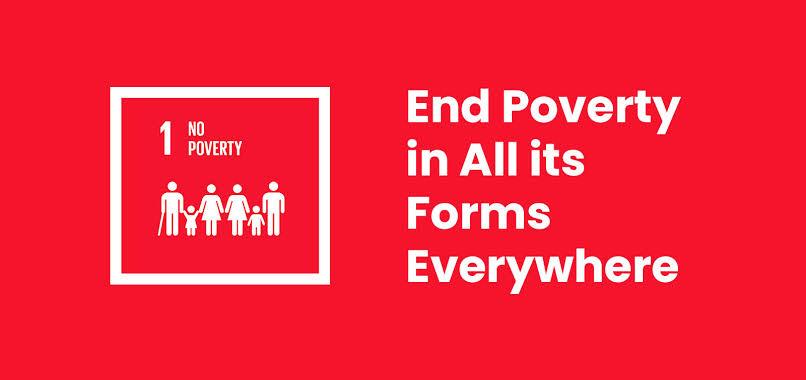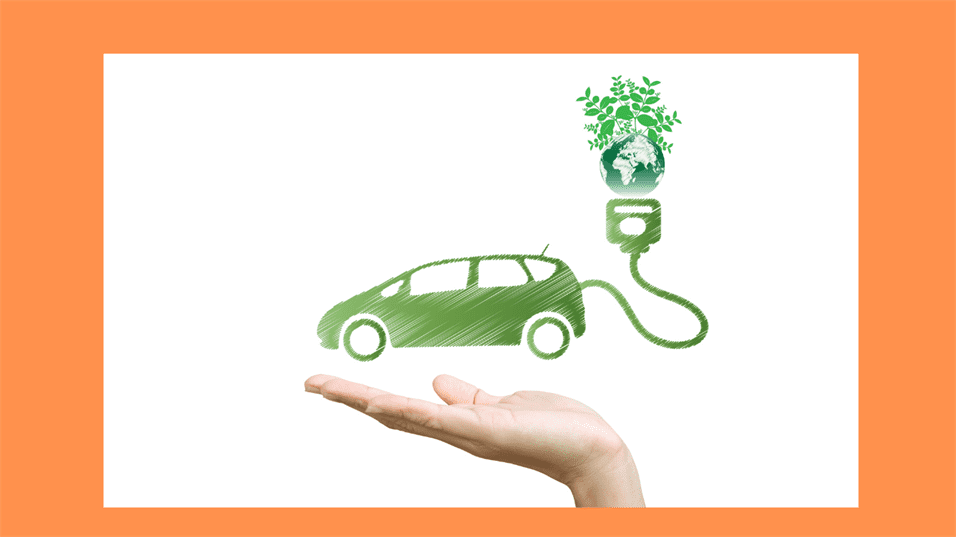Eradicating extreme poverty in all its form for all people everywhere by 2030 is a priority goal of the 2030 Agenda for Sustainable Development. Poverty harms people’s lives and hampers social togetherness and economic growth. It limits people’s opportunities to achieve their full potential, actively participate in society and gain access to quality services. It is usually associated with poor health, poor sanitation, low per capita income, unemployment and low educational outcomes, which can be both drivers and impacts of poverty. Poverty is a multidimensional phenomenon and has a tendency to persist over time and to be transmitted generations to generations.
Reasons for Poverty:
Eradicating poverty in all its forms remains one of the greatest global humanity challenges. While the number of people living in extreme poverty has dropped by more than half – from 1.9 billion in 1990, to 836 million in 2015 – too many people are still struggling to meet the most basic human needs. Between 2015 and 2018, global poverty continued its historical decline, with the poverty rate falling from 10.1 percent in 2015 to 8.6 percent in 2018. Nowcasts suggest that owing to the COVID-19 pandemic, the global poverty rate increased sharply from 8.3 percent in 2019 to 9.2 percent in 2020, representing the first increase in extreme poverty since 1998 and the largest increase since 1990 and setting back poverty reduction by about three years.
How it Affects us and how we can Help in removing the Poverty:
So what can I as a responsible global citizen do about it? And why should poverty issue to affect us if we are financially strong? These are the questions that comes to our mind. There are many reasons, but in brief, because as human beings, our wellbeing is linked to each other. We just can’t imagine ourselves to be disconnected with the humanity. Growing inequality is detrimental to economic growth and undermines social togetherness, increasing political and social tensions and, in some circumstances, driving instability and conflicts. Why is social protection so important? How can we forget that the COVID-19 pandemic will have both immediate and long-term economic consequences for people across the globe. Strong social protection systems are essential for mitigating the effects and preventing many people from falling into poverty. Nevertheless, 55 per cent of the world’s population – about 4 billion people – did not benefit from any form of social protection in 2016. Only 22 per cent of unemployed workers were covered by unemployment benefits.
If we are a young person: Our active engagement can make a difference in addressing poverty. It ensures that our rights are promoted and that our voice is bein heard, that inter-generational knowledge is shared for the betterment of the humanity and that innovation and critical thinking are encouraged at all ages to support transformational change in people’s lives and communities and that somewhere helps in reducing poverty.
Poverty and world hunger are considered to stand on the two sides of the same coin for the first time in human history. Even just one generation ago, this acknowledgment would seem absurd. The United Nations advocates that the world can meet the unimaginable goal of eradicating world hunger by 2030.
What the private sector can do government can’t as an engine of economic growth. Private sectors have a major role to play in determining whether the growth they create is inclusive and hence contribute to poverty reduction. It can promote economic opportunities for the poor, focusing on parts of the economy where most of the poor are active, namely on micro and small enterprises.
If we are part of the educated community: The academic and education community have a major role in increasing the awareness about the impact of poverty. Science provides for innovation and the foundation for new and sustainable approaches, solutions and technologies to tackle the challenges and shortcomings of reducing poverty and achieving sustainable development. The contribution of science to end poverty has been significant. For example, it has enabled access to hygienic and nutritious food, safe drinking water, reduced deaths by small diseases and by water-borne diseases, and improved hygiene to reduce health risks related to unsafe drinking water and lack of sanitation
The Sustainable Development Goals (SDGs) are a serious commitment to end poverty in all its forms and dimensions by 2030. In order to achieve the SDGs, we must target those living in vulnerable situations, increasing and boosting the access to basic resources and services, and support communities affected by conflicts and climate-related disasters.





